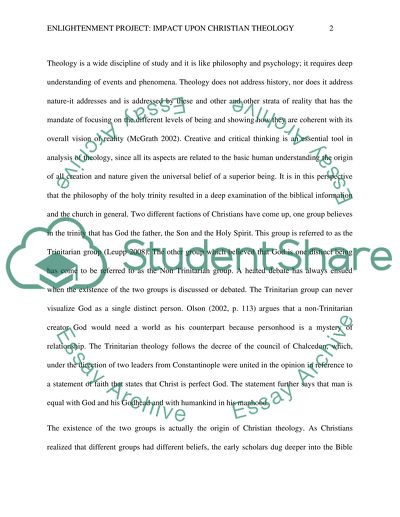Cite this document
(“What is the Enlightenment project and how did it impact upon Christian Essay”, n.d.)
Retrieved from https://studentshare.org/religion-and-theology/1393998-what-is-the-enlightenment-project-and-how-did-it
Retrieved from https://studentshare.org/religion-and-theology/1393998-what-is-the-enlightenment-project-and-how-did-it
(What Is the Enlightenment Project and How Did It Impact Upon Christian Essay)
https://studentshare.org/religion-and-theology/1393998-what-is-the-enlightenment-project-and-how-did-it.
https://studentshare.org/religion-and-theology/1393998-what-is-the-enlightenment-project-and-how-did-it.
“What Is the Enlightenment Project and How Did It Impact Upon Christian Essay”, n.d. https://studentshare.org/religion-and-theology/1393998-what-is-the-enlightenment-project-and-how-did-it.


